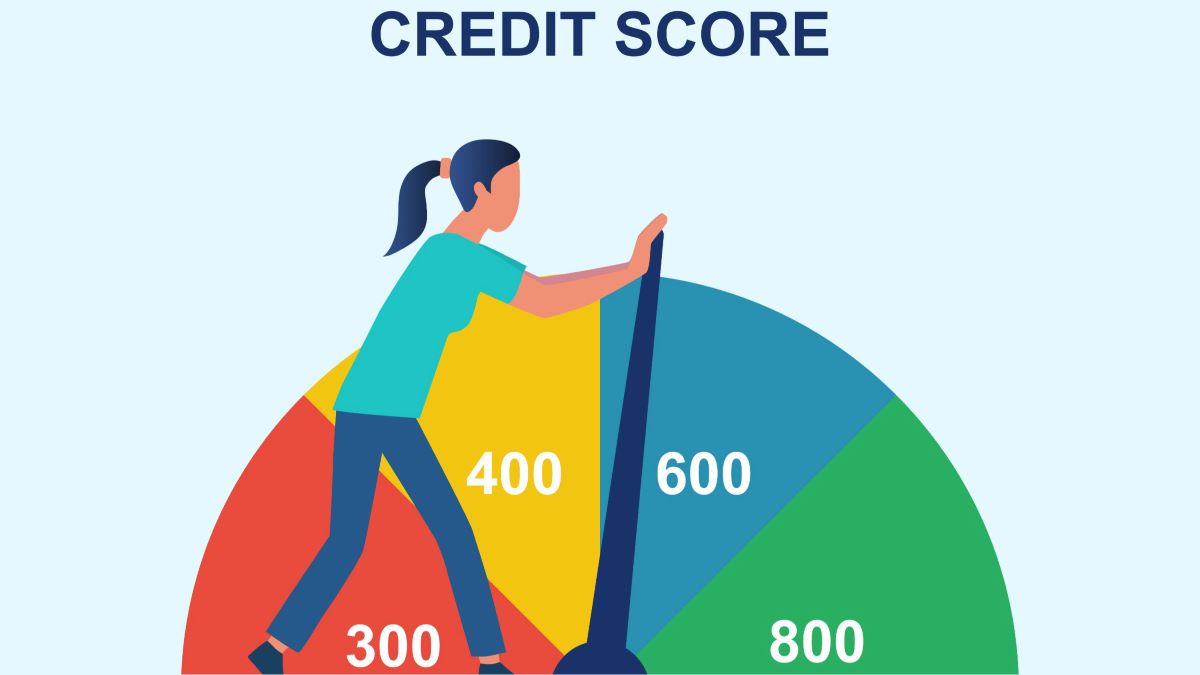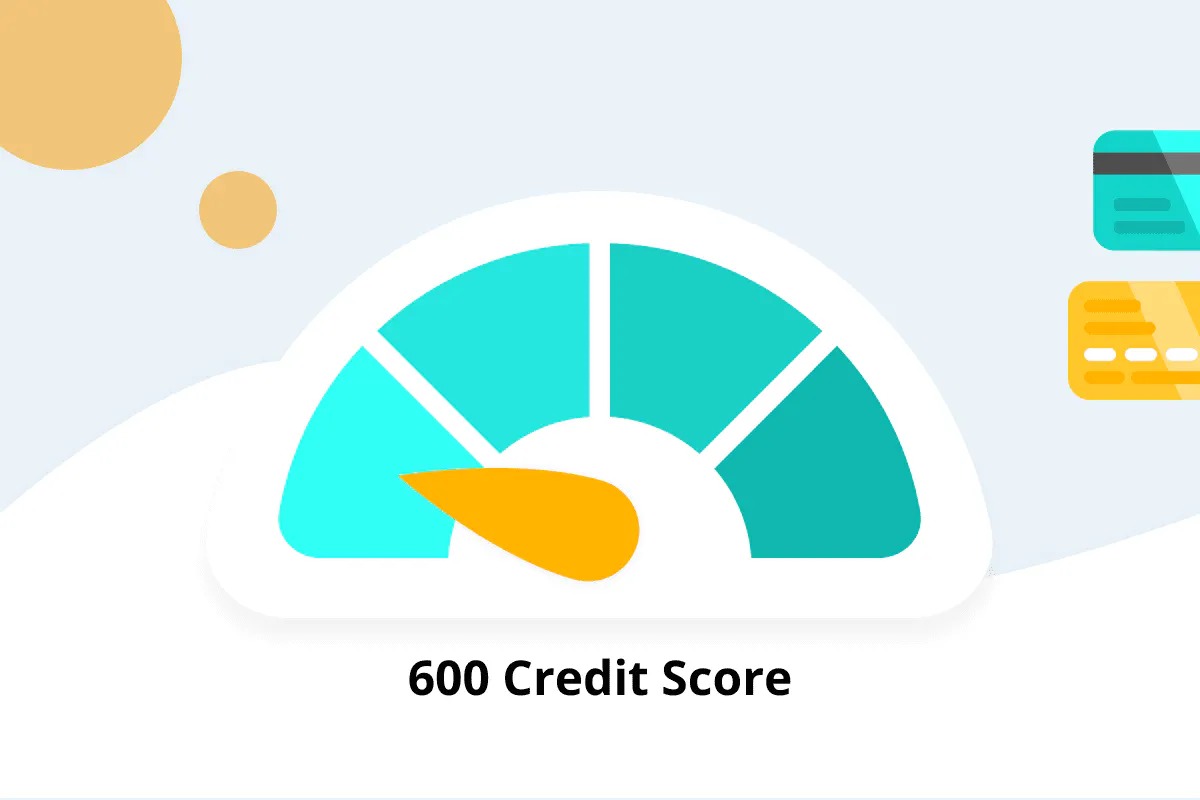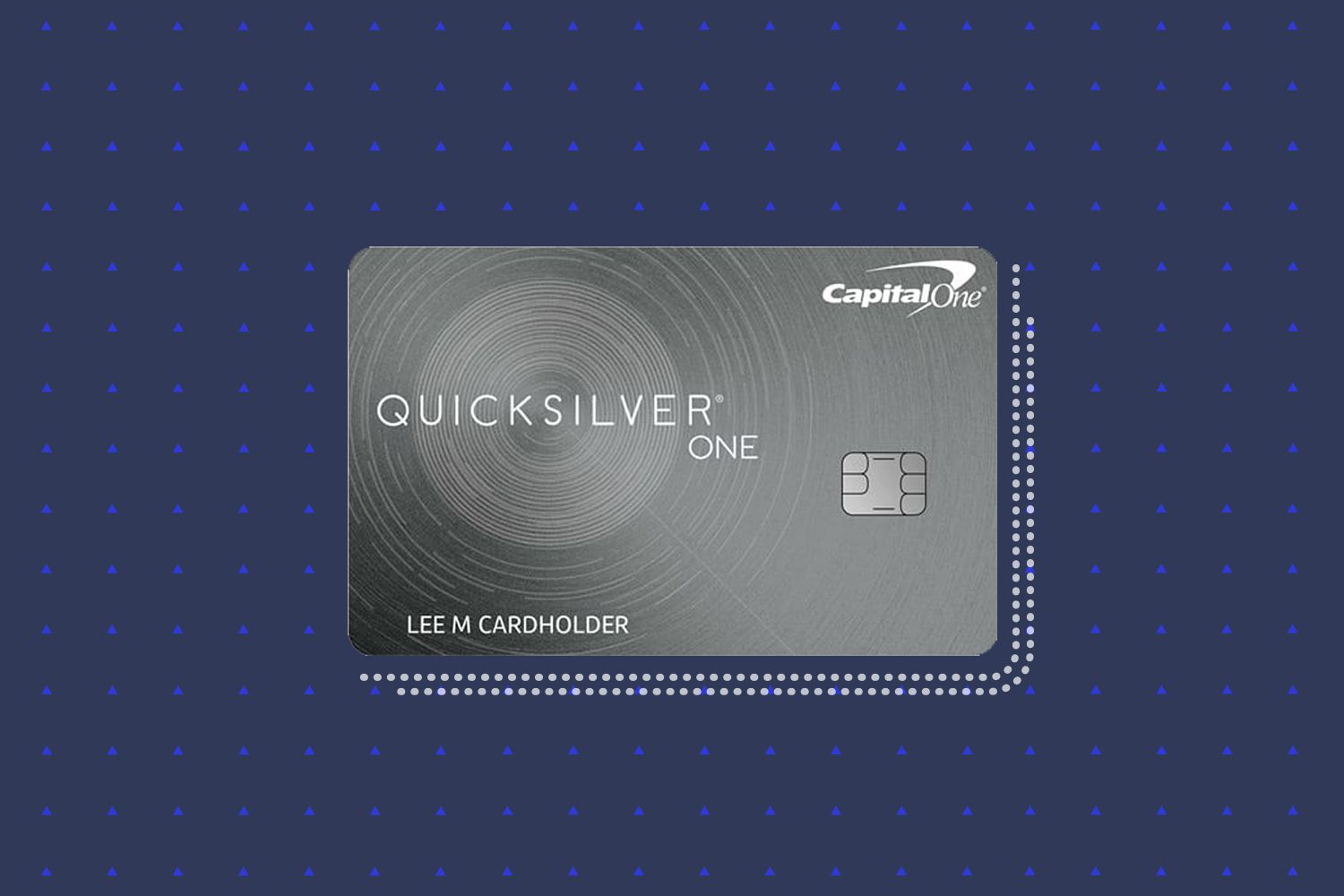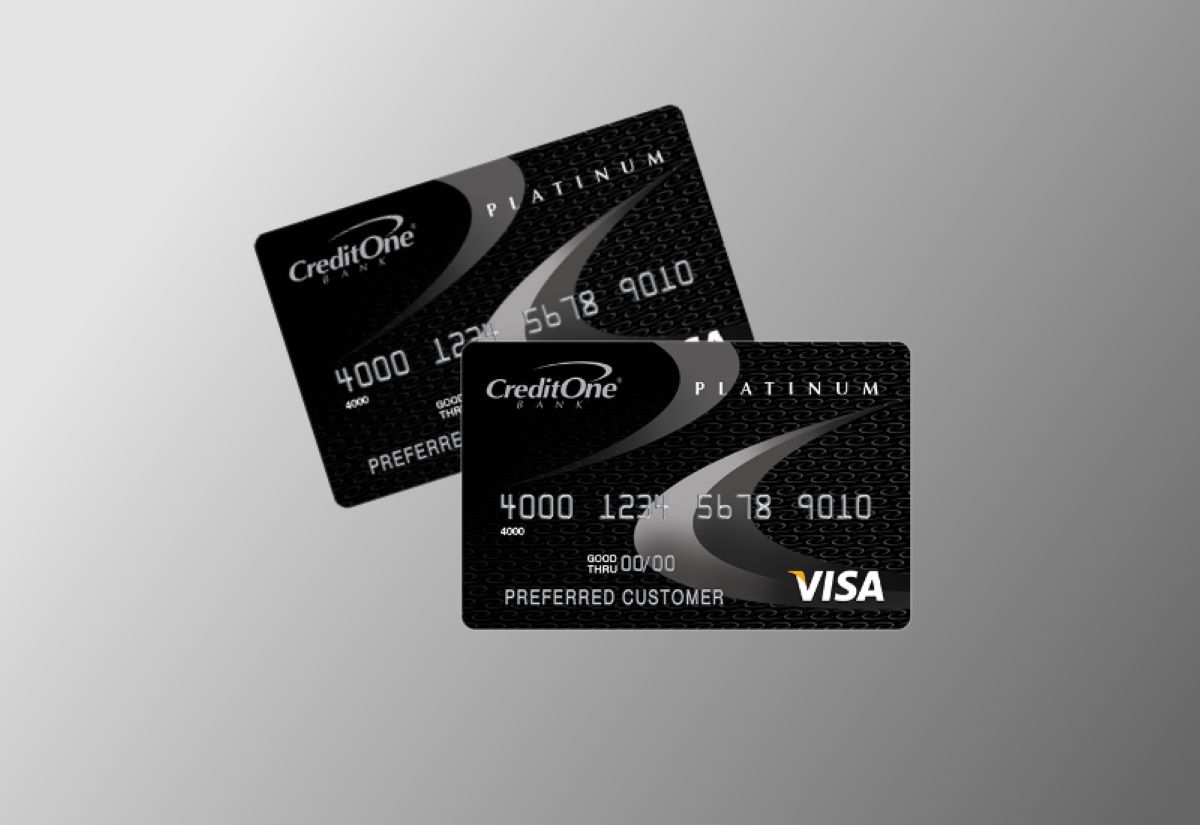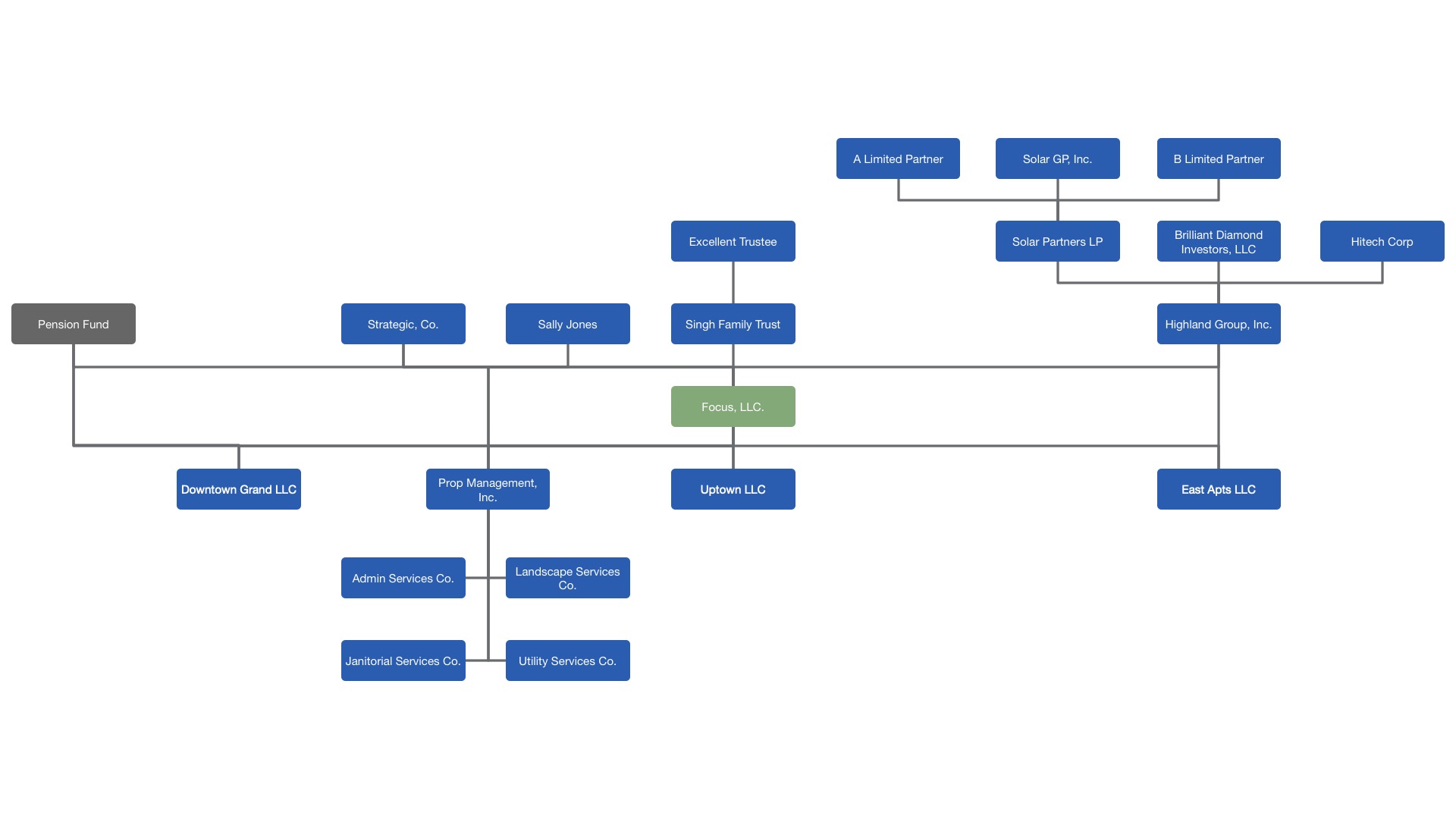

Finance
What Credit Score Does Honda Use
Modified: March 6, 2024
Discover what credit score Honda uses for financing and learn how it can affect your car loan approval. Find out more about Honda finance requirements and how to improve your credit score.
(Many of the links in this article redirect to a specific reviewed product. Your purchase of these products through affiliate links helps to generate commission for LiveWell, at no extra cost. Learn more)
Table of Contents
Introduction
Welcome to the world of auto financing! If you’re considering purchasing a Honda vehicle and need a loan, you may be wondering what credit score Honda uses to assess your eligibility. Having a good credit score is crucial when it comes to securing favorable financing terms and interest rates. In this article, we will explore the importance of credit scores in auto financing, specifically focusing on the requirements set by Honda.
When you apply for a car loan, lenders like Honda evaluate your creditworthiness to determine the likelihood of you repaying the loan on time. Your credit score plays a significant role in this evaluation process.
Before we dive into the credit scoring aspect, it’s essential to understand what a credit score is and how it is calculated. A credit score is a numerical representation of your creditworthiness, based on your credit history and financial behavior. It is a three-digit number ranging from 300 to 850, with a higher score indicating better creditworthiness. Lenders use credit scores to assess the level of risk associated with lending money to you.
Now that we have a basic understanding of credit scores let’s explore why they are crucial when it comes to auto financing. Lenders, including Honda, rely on credit scores to determine the interest rate, loan amount, and loan terms they are willing to offer you. A higher credit score generally translates into lower interest rates and more favorable loan terms, saving you money in the long run.
It’s important to remember that there are several different credit scoring models used by credit bureaus and lenders, each with its own algorithm and criteria. While these models may vary slightly, the general principles remain the same – higher credit scores are seen as less risky, and therefore, more desirable for lenders.
Now that we understand the significance of credit scores in auto financing let’s dive into what credit score requirements Honda has in place for financing its vehicles. By knowing what credit score Honda typically looks for, you can better understand your eligibility and work towards improving your score if needed.
Understanding Credit Scores
Credit scores are a crucial component of the lending process. They provide lenders with an objective measure of an individual’s creditworthiness and their ability to repay a loan. Understanding how credit scores are calculated and what factors contribute to them can help you navigate the world of auto financing more effectively.
There are several credit scoring models in use today, with the most popular being the FICO® Score and VantageScore. These models take into account various factors, including payment history, credit utilization, length of credit history, types of credit used, and new credit inquiries.
Payment history is the most critical factor in determining your credit score. Lenders want to see a consistent record of on-time payments for loans, credit cards, and other debts. Late payments, defaults, or bankruptcy can significantly impact your score and make it more challenging to secure favorable financing terms.
The amount of debt you owe, also known as credit utilization, is another important factor. Lenders assess your credit utilization ratio, which is the amount of credit you have used compared to your available credit. Keeping your credit utilization below 30% is generally recommended to maintain a good credit score.
The length of your credit history is also taken into consideration. Lenders prefer to see a longer credit history as it provides more information about your financial behavior. This factor may disadvantage younger individuals or those who are new to credit.
The types of credit you have and your mix of different accounts can also impact your score. A healthy mix of credit, such as a combination of credit cards, loans, and a mortgage, demonstrates responsible management and can help improve your creditworthiness.
Finally, new credit inquiries can affect your credit score. When you apply for new credit, a hard inquiry is placed on your credit report, which can temporarily lower your score. It is essential to avoid making multiple credit applications within a short period, as it may signal financial instability.
It’s important to note that credit scores can fluctuate over time as your financial behavior changes. Regularly monitoring your credit score and addressing any inaccuracies or issues is crucial for maintaining a healthy credit profile.
Now that we have a solid understanding of credit scores, let’s explore why they matter specifically in the context of auto financing and what credit score requirements Honda has in place for their financing options.
Importance of Credit Scores in Auto Financing
Credit scores play a significant role in auto financing, as they are used by lenders to assess the risk associated with loaning money to potential borrowers. When it comes to purchasing a vehicle, having a good credit score can make a world of difference in securing favorable loan terms and interest rates.
For most individuals, buying a car involves taking out an auto loan. Lenders, including banks, credit unions, and automaker financing departments like Honda Financial Services, evaluate credit scores to determine the level of risk associated with lending money. Higher credit scores indicate a lower risk, making borrowers more attractive to lenders.
Having a high credit score can help you secure a lower interest rate on your auto loan. This means that you’ll pay less in interest over the life of the loan, potentially saving you hundreds or even thousands of dollars. With a good credit score, you may also have access to more flexible loan terms, such as longer repayment periods or lower down payment requirements.
On the other hand, a lower credit score can make obtaining auto financing more challenging. Lenders may view individuals with lower scores as higher risk borrowers and impose higher interest rates and stricter loan terms. This can result in higher monthly payments, making the cost of financing a vehicle significantly more expensive.
Not only does your credit score impact the loan terms and interest rates you can obtain, but it can also determine if you are eligible for financing at all. Some lenders, including Honda Financial Services, may have minimum credit score requirements that applicants must meet to qualify for financing. Failing to meet these requirements could result in denial or the need to secure financing through alternative means.
It’s important to note that while credit scores are crucial in auto financing, they are not the only factor considered by lenders. Lenders may also take into account factors such as your income, employment history, and the loan amount compared to the value of the vehicle.
To ensure that you’re in the best position possible when seeking auto financing, it’s essential to establish and maintain a good credit score. By paying your bills on time, keeping your credit utilization low, and managing your debt responsibly, you can improve your creditworthiness and increase your chances of securing favorable auto financing terms.
Now that we understand the importance of credit scores in auto financing, let’s take a closer look at the specific credit score requirements set by Honda for their financing options.
Different Credit Scoring Models
When it comes to credit scores, it’s important to note that there are different credit scoring models in use. The two most widely recognized models are the FICO® Score and VantageScore.
The FICO® Score, created by the Fair Isaac Corporation, is the most commonly used credit scoring model in the United States. It evaluates a borrower’s creditworthiness based on data from credit bureaus such as Experian, TransUnion, and Equifax. The FICO® Score ranges from 300 to 850, with a higher score indicating better creditworthiness.
VantageScore is a newer credit scoring model developed by the three major credit bureaus. It also ranges from 300 to 850, with a higher score indicating better creditworthiness. VantageScore uses a slightly different algorithm than FICO®, but the general principles are similar.
Both FICO® Score and VantageScore consider similar factors when calculating credit scores, including payment history, credit utilization, length of credit history, credit mix, and recent credit inquiries. However, the weightage assigned to each factor may vary between the models.
It’s important to understand that different lenders may utilize different credit scoring models and may place varying levels of importance on different factors. This means that your credit score can vary between lenders, depending on which model they use and their specific criteria.
For auto financing, lenders may have their own proprietary credit scoring models specifically designed for evaluating loan applicants. This includes Honda Financial Services, which may use its own credit scoring model to assess creditworthiness for Honda vehicle financing.
While the specific details of Honda’s credit scoring model are not publicly available, it is safe to assume that factors such as payment history, credit utilization, and credit mix play a significant role. It’s important to maintain a positive credit history and demonstrate responsible credit management to increase your chances of meeting Honda’s credit score requirements.
Remember that you can obtain your credit scores from the three major credit bureaus or through various online credit monitoring services. Monitoring your credit scores and understanding the factors that contribute to them can help you make more informed decisions when seeking auto financing.
Now that we have a better understanding of credit scoring models let’s delve into the credit score requirements that Honda typically has in place for their financing options.
Credit Score Requirements for Honda Financing
While the specific credit score requirements for Honda financing are not publicly disclosed, it is generally understood that Honda Financial Services sets certain standards for borrowers who wish to finance a Honda vehicle. As with most lenders, Honda Financial Services evaluates an applicant’s creditworthiness based on their credit history and score.
Having a good credit score increases your chances of being approved for Honda financing and may also lead to more favorable loan terms, such as lower interest rates and longer repayment periods. However, it is important to note that credit scores are not the sole determining factor in the approval process for auto financing. Lenders like Honda Financial Services also consider other factors such as income, employment history, and the loan-to-value ratio.
While the specific credit score requirements may vary depending on the individual applicant and the specific Honda Financial Services branch, it is generally recommended to have a credit score of at least 650 or higher to increase the likelihood of approval for Honda financing. However, it’s important to remember that meeting the minimum credit score requirement does not guarantee approval. Lenders take a holistic approach and consider multiple factors before making a lending decision.
It’s worth mentioning that even if you have a lower credit score, you may still be able to secure Honda financing through alternative means. For example, you could consider having a co-signer with a higher credit score, which can help strengthen your application. Additionally, making a larger down payment or providing additional documentation to demonstrate your financial stability may also improve your chances.
Ultimately, the best way to determine the credit score requirements for Honda financing is to directly contact Honda Financial Services or consult with a Honda dealership’s finance department. They will be able to provide you with more specific information tailored to your situation and guide you through the financing process.
Remember that maintaining a good credit score is beneficial not only for Honda financing but also for your overall financial well-being. Taking proactive steps to improve your credit score, such as paying bills on time, reducing debt, and monitoring your credit report for errors, can increase your chances of obtaining favorable financing terms not only with Honda but with other lenders as well.
Next, let’s explore the factors that Honda Financial Services considers when evaluating creditworthiness beyond just the credit score.
Factors Affecting Honda’s Credit Score Evaluation
When evaluating the creditworthiness of applicants for Honda financing, Honda Financial Services considers multiple factors beyond just the credit score. These factors provide a more comprehensive assessment of an individual’s financial situation and ability to repay the loan. While the specific details of Honda’s credit evaluation process are not publicly disclosed, certain key factors are typically taken into consideration.
1. Credit History: Honda Financial Services reviews the applicant’s credit history to assess their past payment behavior and track record. This includes looking at the individual’s payment history for previous loans, credit cards, and other debts. A history of timely payments demonstrates financial responsibility and increases the likelihood of approval for Honda financing.
2. Credit Utilization: The ratio of the amount of credit used to the total available credit, known as credit utilization, is an important factor. Honda Financial Services considers how much of an individual’s available credit they are utilizing. Lower credit utilization is seen as more favorable, as it indicates responsible credit management and a lower risk of defaulting on payments.
3. Debt-to-Income Ratio: Honda Financial Services may evaluate an applicant’s debt-to-income ratio, which represents the percentage of their monthly income that goes towards debt payments. This ratio helps assess the individual’s ability to manage additional loan obligations. A lower debt-to-income ratio generally signals financial stability and increases the chances of approval for Honda financing.
4. Employment and Income Stability: Honda Financial Services may also consider an applicant’s employment history, income stability, and level of income. Demonstrating a consistent employment record and steady income stream indicates a higher ability to repay the loan and may strengthen the credit evaluation process.
5. Loan-to-Value Ratio: The loan-to-value ratio compares the loan amount to the value of the vehicle being financed. Honda Financial Services examines this ratio to determine the level of risk associated with the loan. A lower loan-to-value ratio indicates a smaller loan amount relative to the vehicle’s value and may increase the chances of approval for Honda financing.
6. Additional Factors: Other factors that Honda Financial Services may consider include the length of credit history, credit mix, and any derogatory marks on the applicant’s credit report. A longer credit history and a diverse mix of credit accounts can be seen as positive signs of responsible credit management. Negative marks, such as bankruptcies or foreclosures, may affect the credit evaluation process.
It’s important to note that while these factors play a crucial role in Honda’s credit evaluation process, the weight assigned to each factor may vary depending on the individual’s specific circumstances and the lending policies of Honda Financial Services.
By understanding the factors that Honda Financial Services considers when evaluating creditworthiness, individuals can take proactive steps to improve their financial standing and increase their chances of approval for Honda financing. In the next section, we will provide some tips for improving your credit score, which can positively impact Honda’s credit score evaluation.
Tips for Improving Your Credit Score
If you’re looking to improve your credit score to increase your chances of qualifying for Honda financing or to secure better loan terms, there are several strategies you can implement. While improving your credit score takes time and effort, the long-term benefits are worth it. Here are some tips to help you improve your creditworthiness:
1. Pay Your Bills on Time: Consistently paying your bills by their due dates is one of the most crucial factors in building a good credit score. Late payments can significantly impact your score, so be sure to make payments on time, including credit cards, loans, and other debts.
2. Reduce Credit Card Balances: High credit card balances can negatively impact your credit score. Aim to keep your credit utilization ratio below 30% by paying down your balances or increasing your credit limits, if possible. Keeping your credit card balances low can positively impact your credit score.
3. Establish a Strong Payment History: Building a positive payment history is vital for improving your credit score. Make all your payments on time and avoid defaulting on any debts. Consistently demonstrating responsible payment behavior will gradually enhance your creditworthiness.
4. Diversify Your Credit Mix: Having a mix of different types of credit accounts, such as credit cards, loans, and mortgages, can positively impact your credit score. By responsibly managing different types of credit, you demonstrate your ability to handle various financial obligations.
5. Minimize New Credit Applications: Applying for multiple credit cards or loans within a short period can have a negative impact on your credit score. Each application triggers a hard inquiry on your credit report, which can lower your score temporarily. Limit new credit applications to essential needs and avoid unnecessary credit inquiries.
6. Monitor Your Credit Report: Regularly checking your credit report allows you to catch any errors or fraudulent activities that may be negatively impacting your score. If you notice any inaccuracies, report them to the credit bureaus and take immediate action to rectify them.
7. Manage Your Debt Responsibly: Taking steps to manage your debt helps improve your creditworthiness. Make a budget, prioritize paying off high-interest debts, and avoid accumulating excessive new debt. Lowering your overall debt load can positively impact your credit score.
8. Build a Longer Credit History: Time is a significant factor when it comes to credit scores. Establishing a longer credit history can improve your creditworthiness. Avoid closing old credit accounts, as they contribute to the length of your credit history. Instead, keep them open and use them responsibly.
Remember, improving your credit score is a gradual process and requires discipline and consistency. While there is no quick fix, implementing these tips over time can help you build a healthier credit profile, increasing your chances of securing Honda financing with favorable terms.
Now that you have a better understanding of how to improve your credit score, let’s wrap up with some final thoughts.
Final Thoughts
When it comes to financing a Honda vehicle, having a good credit score can make a significant difference in terms of approval and favorable loan terms. By understanding the importance of credit scores in auto financing and the specific credit score requirements set by Honda, you can better prepare yourself for the financing process.
Remember that credit scores are not just about numbers; they reflect your financial responsibility and creditworthiness. It’s crucial to responsibly manage your credit by paying bills on time, keeping credit card balances low, and maintaining a mix of different types of credit accounts.
While improving your credit score takes time, patience, and discipline, the effort is well worth it. By implementing the tips for improving your credit score, you can increase your chances of qualifying for Honda financing and securing more favorable loan terms.
It’s also important to recognize that credit scores are not the only factor that lenders, including Honda Financial Services, consider when evaluating creditworthiness. Factors such as income, employment history, and the loan-to-value ratio also play a role. Taking steps to strengthen your overall financial profile can further enhance your chances of approval.
If your current credit score falls below the desired range for Honda financing, don’t get discouraged. There are alternative options to explore, such as finding a co-signer or working on improving your credit before applying for financing.
Remember to monitor your credit regularly and strive for continuous improvement. Keep an eye on your credit reports for errors or fraudulent activities, and take immediate action to rectify any issues that arise.
By taking control of your credit and working towards a stronger financial standing, you can put yourself in a better position to secure Honda financing and enjoy the driving experience of your dreams.
Now, armed with this knowledge, you are well-equipped to navigate the world of credit scores and auto financing. Best of luck as you embark on your journey to secure a Honda vehicle and obtain the financing you deserve!



